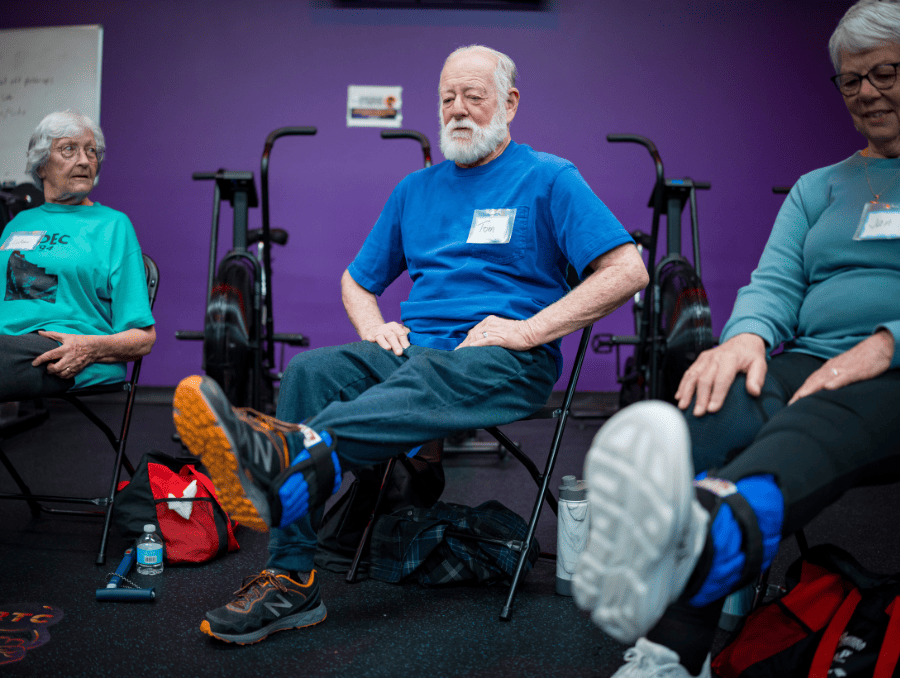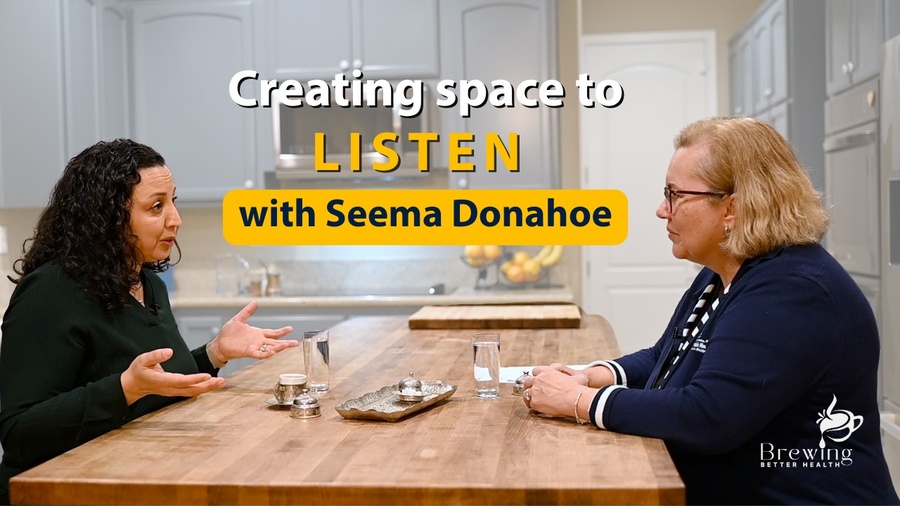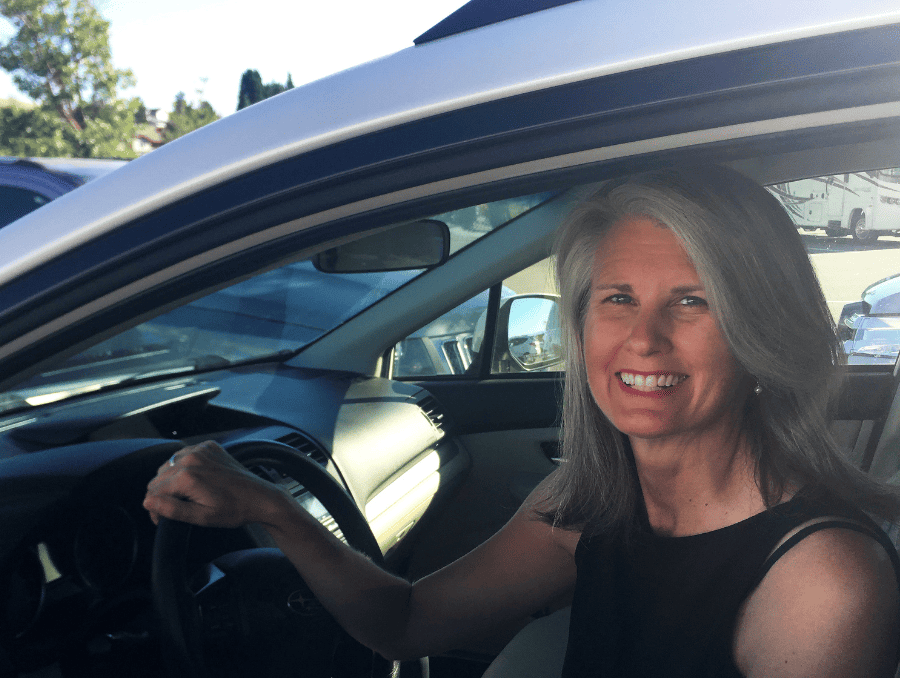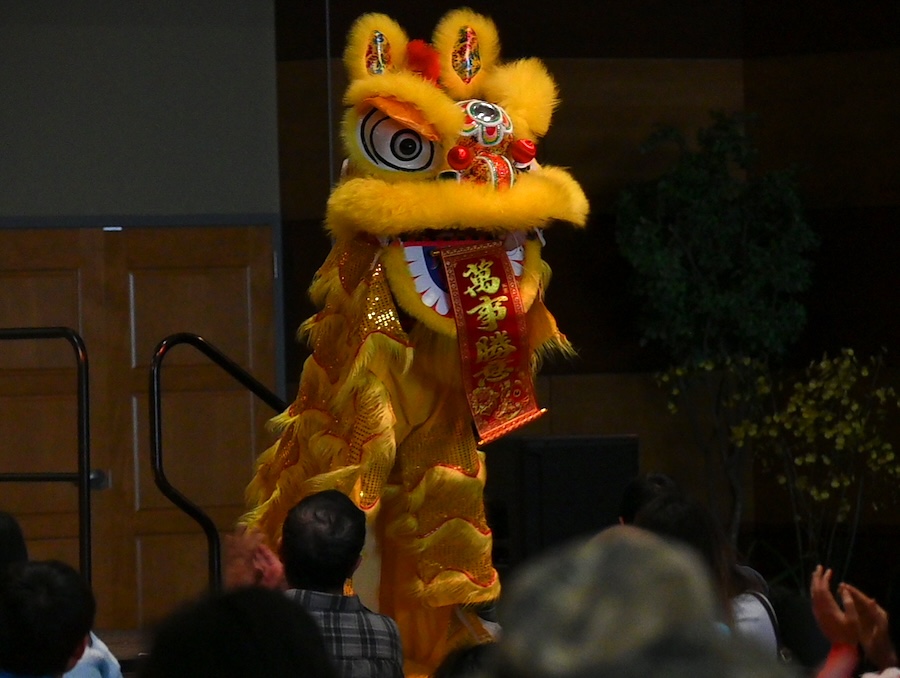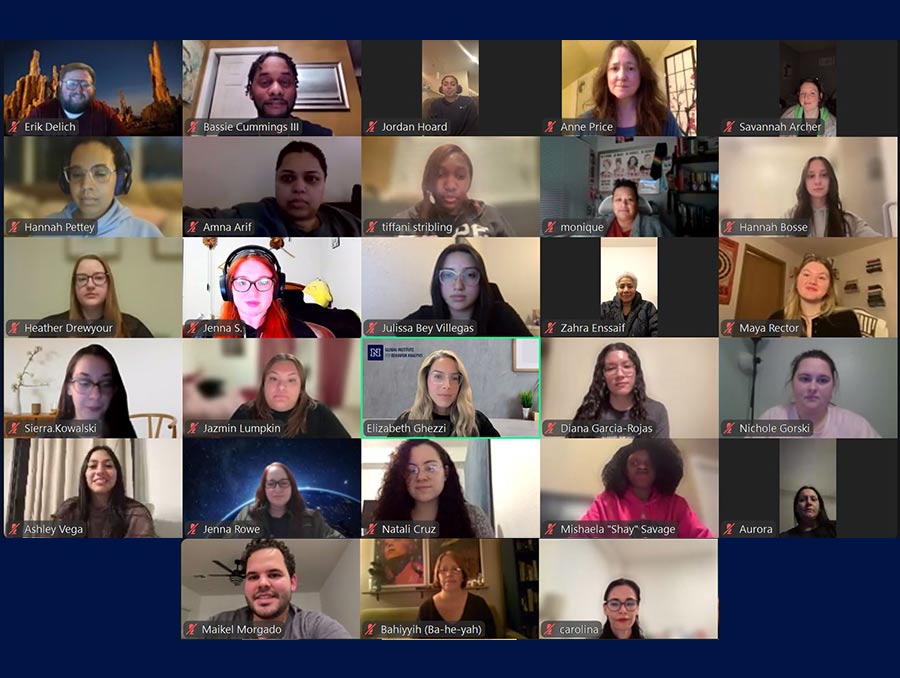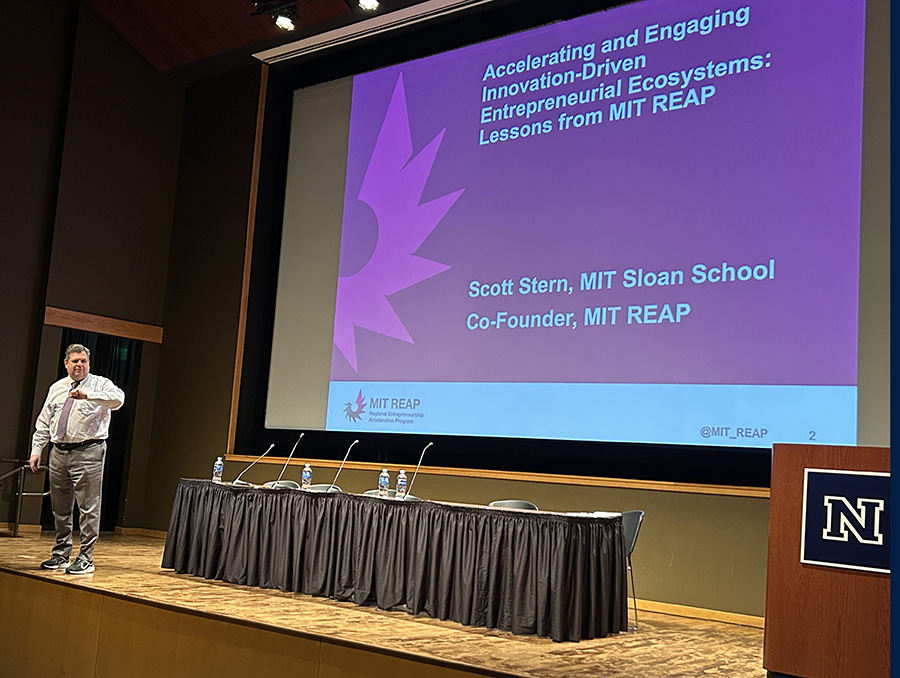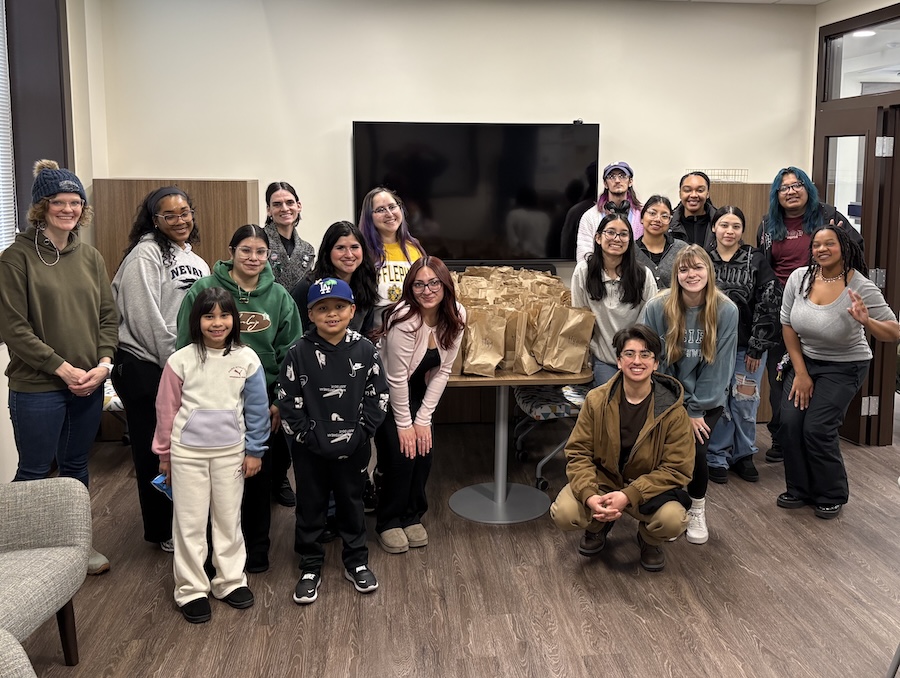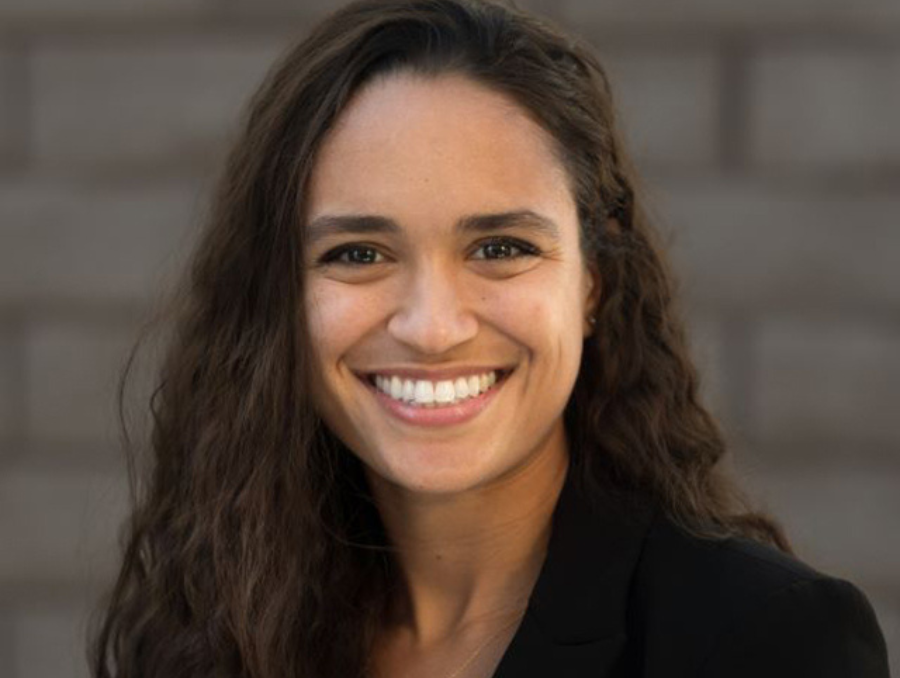Nationally recognized by the American Society on Aging, Ageism Awareness Day is an opportunity to highlight the existence and impact of ageism on society. Specifically in health care, ageism includes stereotypes, prejudice and discrimination based on age, that can affect the quality of care a patient receives.
“Ageism has many social implications, but when looking specifically at medical care, it can make a difference in someone’s health outcomes,” said Patti Swager, M.Ed., director of the Nevada Geriatric Education Center at the Sanford Center for Aging. “Education is crucial to combating ageism in health care and Ageism Awareness Day is an occasion to educate both medical providers and patients.”
The Sanford Center for Aging, part of the University of Nevada, Reno School of Medicine, provides community-based programs and wellness services tailored to older adults. Through the Nevada Geriatric Education Center, it also offers educational opportunities for health care professionals, students at the University of Nevada, Reno, and community members. Ageism is a frequent topic in its workshops.
Research shows that ageism adds an estimated $63 billion annually to U.S. health care costs for adults 60 and older, through both undertreatment and overtreatment. The financial burden extends beyond individuals to the broader health care system and communities. Research also shows that those with more positive self-perceptions of aging live longer, and more importantly, have a better quality of life. Positive thinking and self-care attitudes were linked to happier older adults as they incorporated that into their health care plans.
Ageism can also take the form of implicit bias, unconscious attitudes and stereotypes that influence understanding, actions and decisions. An online Implicit Association Test can help individuals identify their blind spots with age as well as many other topics. Recognizing bias is the first step toward addressing it.
The next step is education, specifically through age-friendly health systems that use the 4Ms Framework, which encourages patients and providers to work as a team. The framework focuses on four interconnected areas:
- What matters most: Align care with the patient’s health goals without limiting possibilities
- Medications: Review prescriptions and supplements
- Mentation (or mind): Screen for dementia, depression and delirium
- Mobility: Support safe movement and identify achievable options
This approach helps health care providers address the full spectrum of older adults’ needs and strengths as individuals, rather than making assumptions based on age. For patients, it offers the opportunity to be more engaged in their care and goal setting and includes their care partner/caregiver in the process.
The United States is experiencing a demographic trend related to those born between 1946 and 1964 who are reaching retirement age and significantly increasing the elder population. In Washoe County, those over the age of 55 make up over 31% of the population, statewide it is nearly 30%. The life expectancy in Nevada is 78 years, and the average retirement age is 63. Health care will be specifically affected by this demographic trend and education is vital to ensure ageism doesn’t play a role in determining health care that supports the individual needs of older adults.
“Education is crucial for both providers and older adults,” said Swager. “Older adults who express ageism toward themselves, and providers who express ageism toward their patients, are limiting what they can do based solely on age. We encourage everyone to explore the 4Ms Framework and how it can positively support health care.”
